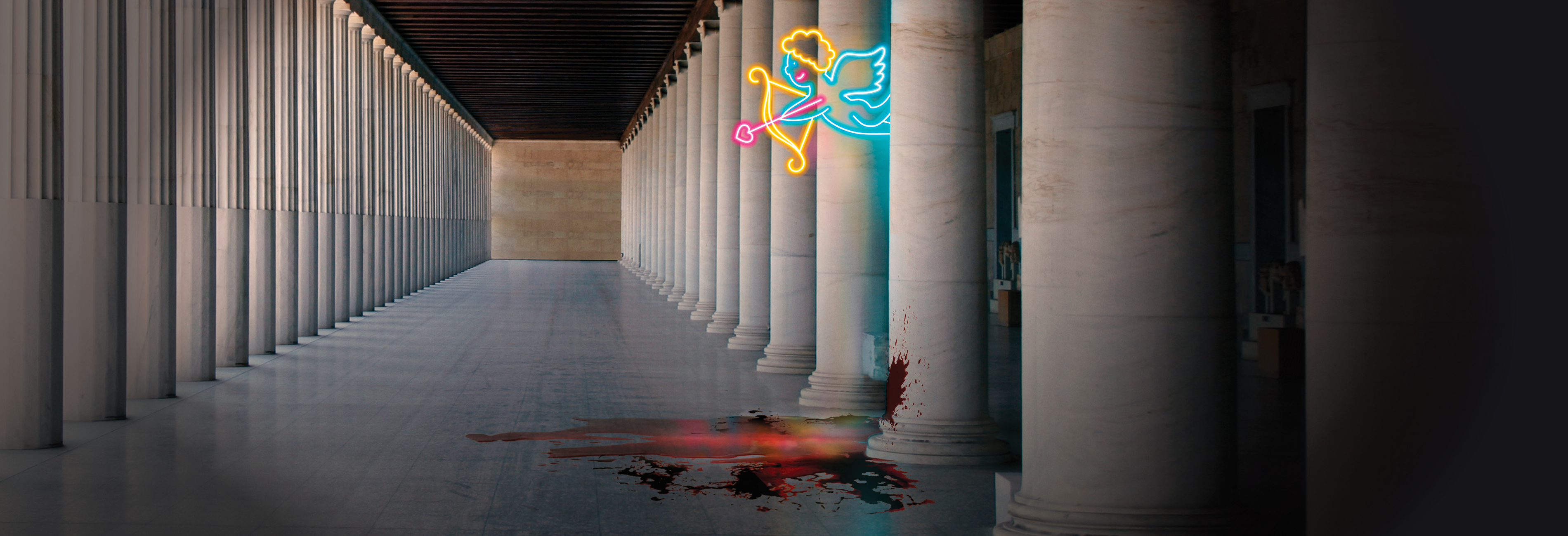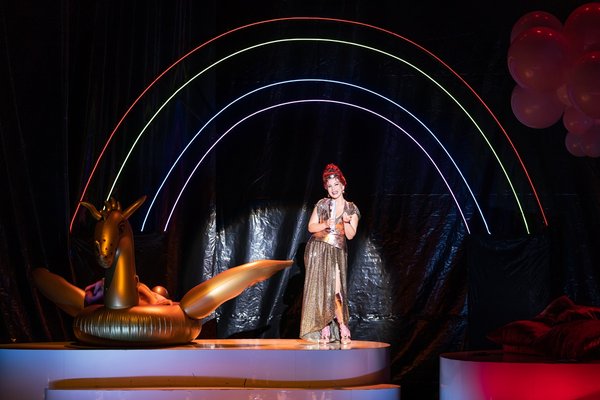
L'INCORONAZIONE DI POPPEA (THE CORONATION OF POPPEA)
17 May 2024, 8 p.m.
In Brief
Opera in two parts, in Italian with Hungarian and English surtitles
Monteverdi’s final work for the stage dates from 1642, meaning the dawn of the genre of opera. It is customary to consider this music by the 75-year-old master to be the first true opera, which both back then and ever since has been praised for its originality, its melodiousness as well as for its multi-layered depiction of the human features of the characters. From all of this, it appears that Poppea’s relevance has not changed one whit over the course of the centuries. The piece will be staged by András Almási-Tóth at the Eiffel Art Studios in an unusual format: the Opera has commissioned Máté Bella to create a rescored new version spiced with contemporary musical elements.
Details
- Location
- Eiffel Art Studios – Miklós Bánffy Stage
- Date
- May 17, 2024
- Start time
- 8 p.m.
- End time
- 10:50 p.m.
Synopsis
Ottone’s fiancé Poppea and Nero are in love with each other.
Nero’s wife Ottavia is having difficulty coming to terms with this situation.
Her girlfriend and nurse Nutrice attempts to comfort her.
The abandoned Ottone finds solace in the noblewoman Drusilla.
Seneca, Nero’s former tutor, is against Nero betrothing Poppea.
Seneca annoys Poppea, so Nero sentences him to death.
Seneca obeys the order and takes his own life.
Ottavia convinces Ottone to murder Poppea.
Ottone dons a disguise: he goes to carry out the terrible assignment dressed as Drusilla.
However, Amore saves Poppea.
Nero banishes Ottone and Drusilla.
Nero then banishes Ottavia.
And he crowns Poppea.
Meanwhile, Nero’s henchmen walk the city and Poppea’s housekeeper makes a name for herself.
Gallery
Reviews
"This is the best thing that can happen to L'incoronazione di Poppea. (…) With Máté Bella's orchestration it seems as if they have found a solution to playing a baroque opera (…). András Almási-Tóth (…) did not stick to the usual location. The singers are present on both sides or walk among the audience, and it appeals, especially thanks to the female singers who demonstrate the simple experience of how beautiful the human voice can be."
Miklós Fáy, Élet és Irodalom
